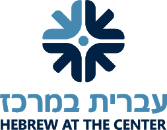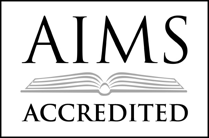The Role of Parents in the Learning Process
February 12, 2015 by
Twice a year we invite our families to join us on South Campus to actively participate in our learning process. To make the learning visible, teachers and students transform the Kikar or Ulam (our shared spaces) into environments that showcase their projects. Over the past two months, the batim p’tuchim (open houses) provided an opportunity for the parents to take the role of active learner adding value to the already existing process of each project in our dual curriculum.
One of the values and principles of the Reggio Emilia Approach is The Role of the Parents. Parents are an essential component of the program – a competent and active part of their child’s learning experience. Participation makes use of the hundred languages of children and of human beings; it fosters a co-construction of dialogue and encourages a sense of belonging to a community. Participation generates and nurtures the feelings and culture of solidarity, responsibility, and inclusion (Indications – Preschools and Infant-Toddler Centres of the Municipality of Reggio Emilia).
Multiple invitations to learn were presented to the parents during all seven of our batim p’tuchim at South Campus; parents were invited to fly in an airplane created by the children, interact with the animals that were made for Noah’s Ark, hear their children read aloud original works in Hebrew, participate as audience members in plays written by the students, and observe the various ways children depicted different feelings and emotions. The batim p’tuchim inspired provocations for further investigation as well as opportunities for reflection. In addition, they served as another learning opportunity for the children and deepened their sense of ownership and commitment to the process.
The intention is to create a culture that encourages a dialogue between children, teachers, and parents. Documentation (another value and principle that is unique to the approach) is the vehicle that promotes the dialogue; it is a way to make the learning visible. In the classroom and at the batim p’tuchim, documentation such as narratives, photos, videos, different pieces the children have designed all represent the choices the children have made along the way. Documentation gives value to and makes explicit and accessible the learning process. It assumes its fullest meaning when it is revisited, assessed, and reconstructed with the contribution of different points of view.






